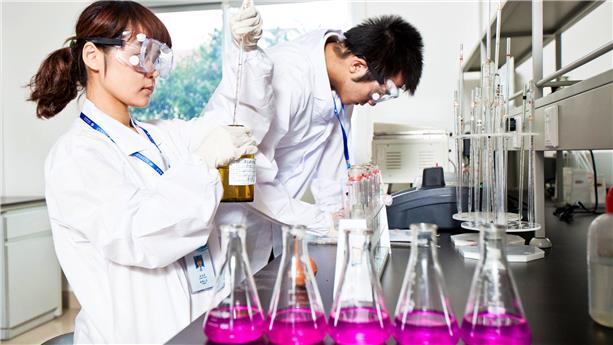
Water quality
Guarantee drinking water quality that meets health requirements for all, by deploying sensors in the natural environment and within plants and networks.


Guarantee drinking water quality that meets health requirements for all, by deploying sensors in the natural environment and within plants and networks.
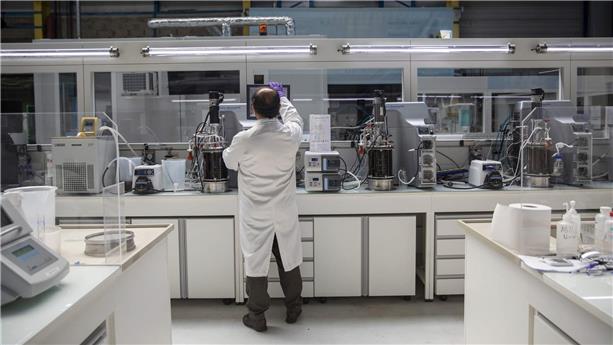
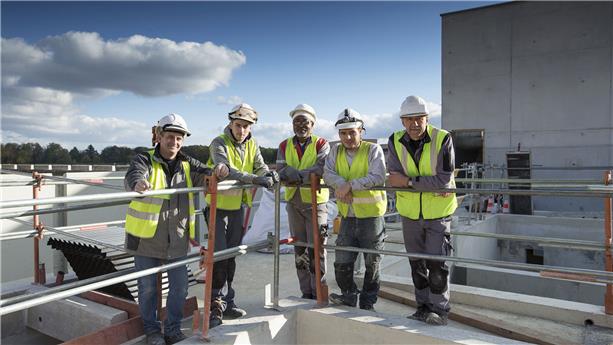
Produce high-quality water for everyone, thanks to drinking water plants that preserve the resource and guarantee optimum health safety.
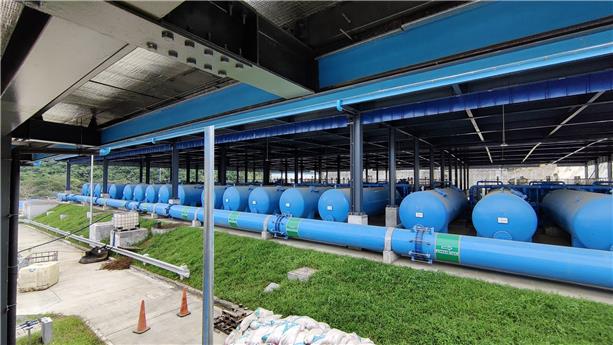
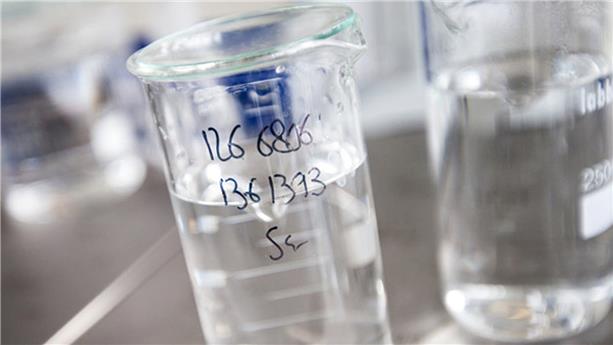
The European Drinking Water Directive, published in 2020, establishes reinforced quality standards. This translates into the revision and integration of new parameters to be controlled, such as perfluorinated compounds (PFAS), which are also subject to new regulations in many other geographies.
As experts in water infrastructure and services, we support you throughout the entire drinking water production cycle. First of all, we advise you and implement the appropriate solutions for the mobilisation of resources: groundwater drilling, surface freshwater intake, catchment of karst springs, possible alternative resources such as seawater or non-conventional waters, in line with local regulations.
Around the world, we support you from the design and construction of drinking water production plants to their operation and maintenance. The different treatment steps are designed according to the quality of the raw water available and the quality of drinking water required. We provide you with state-of-the-art solutions to produce very high quality water, for example by eliminating micropollutants (PFAS and pesticide metabolites, etc.) or by reducing its limescale content.
We provide services for the management of produced water and infrastructure. Thus, we assure you of the high quality of the water produced via regular, regulatory or specific analyses.
We adapt these drinking water production plants to urban, peri-urban or rural contexts and constraints. Factories can be the subject of a specific architectural integration. To adapt to certain geographical constraints or to quickly provide water to rapidly developing populations, factories can be delivered prefabricated: modular and containerised decentralised compact units (DCUs) are a recognised and widespread solution in some countries.
SUEZ is committed to guaranteeing access to very high quality water for the 70,000 inhabitants of the Auxerrois Community through the construction of two new drinking water production plants. With work to begin in 2025, both plants will be commissioned by the end of 2026.
These high-performance ecological facilities will be equipped with innovative low-pressure reverse osmosis technology: a membrane filtration system that retains most of the undesirable mineral salts (nitrates, sulphates, as well as excess calcium) naturally present in drinking water, most micropollutants (pesticides, drug residues, etc.) and pathogenic viruses or bacteria.
This innovative and ecological process makes it possible to obtain premium water, without chlorine taste and much less calcareous.
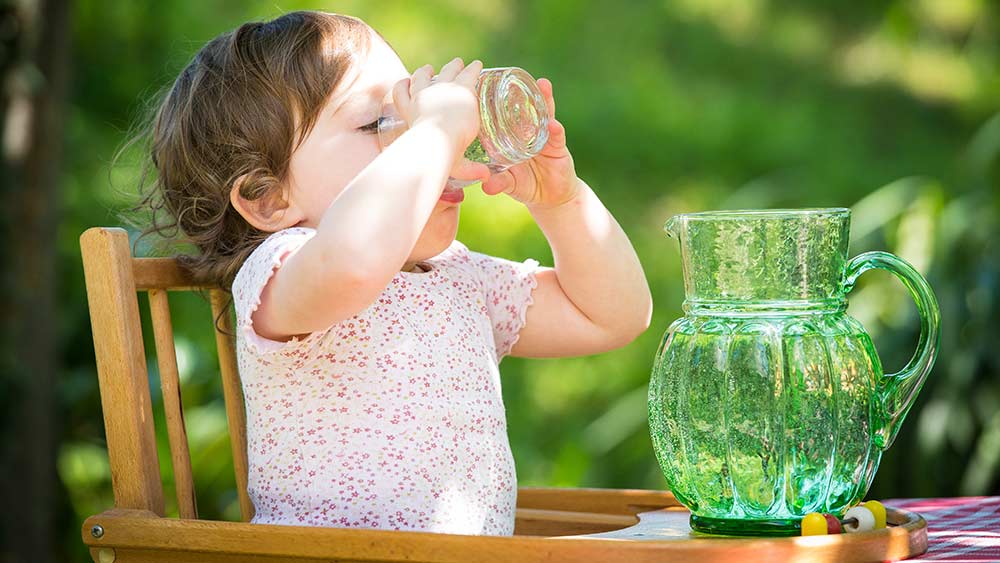
Throughout the world, the natural resources used to produce drinking water can come from different sources:
- Underground freshwater aquifers, more or less deep, which are renewed with each rainfall.
- Karst veins, "underground rivers" carved by water in limestone soils, whose resurgences form natural sources of fresh water.
- The fresh surface water that flows into rivers and streams...
When these resources are not sufficient, alternative resources are mobilised, such as fossil groundwater (which is not renewed), seawater, or non-conventional water (rainwater, treated wastewater, etc.), in line with local regulations.
The quality of the drinking water distributed is governed by various standards issued by the World Health Organization, the European Union and the States.
In Europe, the European Drinking Water Directive published in 2020 establishes quality standards to be respected, which have been strengthened in particular for emerging pollutants (heavy metals, micropollutants, endocrine disruptors, etc.).
In France, the Public Health Code was revised in 2023 to transpose this directive into national law, and French standards are even more restrictive than international standards and European standards, including in particular monitoring programs by Regional Health Agencies (ARS) and PRPEDDEs (Persons Responsible for the Production or Distribution of Water) and the implementation of Safety Management Plans Water Sanitation (PGSSE).
The quality of drinking water is subject to numerous controls and analyses, it is one of the most monitored food products.
Tap water is therefore of high quality for everyone's health and good to drink.
The treatment processes implemented to produce drinking water depend on the quality of the raw water (depending on the resource used) and the quality of the water that is to be obtained (for compliance with drinking water standards).
Firstly, the pre-treatment stages (screening, sieving, etc.) make it possible to retain pollutants and coarse particles.
Then, decanting/clarification, then filtration (on sand or ultrafiltration membranes in particular) retain the fine particles and organic matter.
Adsorption on activated carbon retains micropollutants such as pesticides.
Low-pressure reverse osmosis makes it possible to retain dissolved salts such as limestone, or certain pollutants, and to retain micropollutants.
In the case of seawater desalination, high-pressure reverse osmosis is used.
Remineralisation makes it possible to give sufficient minerality to naturally very soft water or to water from a desalination process.
Finally, the disinfection stages, mainly by ultraviolet, chlorination, or ozonation, guarantee the absence of microbiological pollution in the distribution networks.
No drinking water treatment plant combines all these steps: the treatment systems are adapted to raw water, from simple chlorination for excellent quality groundwater to complex processes for surface water of degraded quality.